New orange-lidded bins are being rolled out to Aberdeenshire homes in preparation for a new, controversial system of general waste only being collected every third week.
The local authority is over the next 12 months bringing an extra third bin with an orange top to more than 120,000 homes across Aberdeenshire.
The £4 million changes are designed to increase recycling rates by reducing the amount of general waste capacity available to households and increasing how much they can put in the recycling.
More than 20,000 bins are currently being sent out to homes across the Kincardine and Mearns region of Aberdeenshire.
They’ve already started popping up on the streets of Laurencekirk, and will be delivered to homes in areas like Stonehaven very soon.
When does the new bins system in Aberdeenshire start?
It’s being introduced region by region across Aberdeenshire, with Kincardine and Mearns the first for the change.
This region incorporates communities like Stonehaven, Portlethen, Newtonhill, Drumoak and Inverbervie.
It will then be rolled out to the rest of Aberdeenshire, region by region, until the end of March 2024.
The next areas to get the new system have not been confirmed yet, but households can expect letters telling them when they’re due for the changes in the coming months.
Although the bins with orange lids are already in place or are in the process of being deployed in many areas of Kincardine and Mearns, the new system won’t officially commence in the region until May 29.
The last collection of fully mixed recycling from blue lid bins for Kincardine and Mearns residents will take place on the weeks starting May 15 or May 22, depending on people’s collection cycles.
After May 29, households in the region will no longer be allowed to use their blue-lidded bin for all their recycling.
Instead, they’ll have to get used to the new rules which say certain kinds of recycling can only go in certain bins.
What stuff will go into what bin in Aberdeenshire?
Instead of the existing two-bin system, with one bin being picked up each week on a two-week cycle, the new system will have three bins collected on a three-week cycle.
Here’s how the new collection cycle will work, and what will be picked up when:
- Week One: Black-lidded, 240-litre non-recyclable bin, for all rubbish that you can’t recycle.
- Week Two: Blue-lidded, 240-litre recycling bin, for paper, card and cardboard only.
- Week Three: New, orange-lidded, 180-litre bin. This will be for tins, cans, foil, aerosols, and food and drink cartons. It will also be for plastic bottles, pots, tubs and trays.
And food waste caddies will continue to be picked up every single week.
The new cycle will utilise household’s two existing bins, plus the additional, third bin with an orange lid.
Are there any exemptions?
Yes, there are.
Aberdeenshire Council is confident that the the new system will work out fine for the majority of households in the region.
But it has made special rules for certain people’s living arrangements and other factors.
For people who are wondering where they’ll find the space to fit a third bin, the council said it will be working with communities to provide “suitable alternatives, such as smaller or shared bins or bag collections”.
And equally, if anyone wants more recycling bins, they can request these for free.
Large families, people with medical requirements, and those with two or more babies in nappies can also apply for extra general waste capacity.
But, in order to do so, they will need to demonstrate to the council a “thorough use of the recycling services available to them, including the food waste caddy”.
You can contact the council here.
Council says new scheme will be better for the environment
John Crawley, the council’s infrastructure committee chairman, said that by separating out the recycling with the new system, the local authority can “improve the quality of what we can recycle, which in turn saves resources and lessens the need to produce new materials from scratch”.
Mr Crawley said household waste like food, paper, textiles and plastics can have a “much higher carbon impact than commercial and industrial waste” if not disposed of in an eco-friendly matter.
“Recycling those — as well as we can — is one of the best ways to reduce the environmental impact of our everyday consumption,” he said.
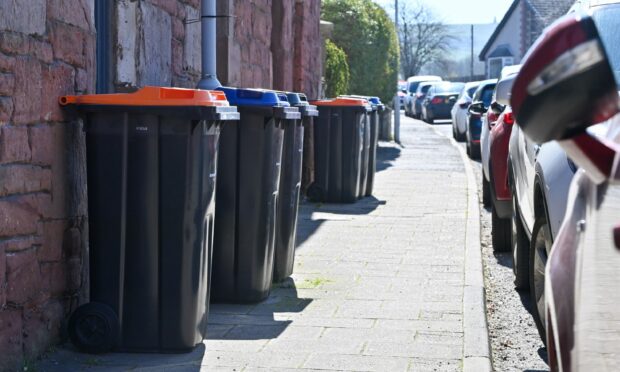
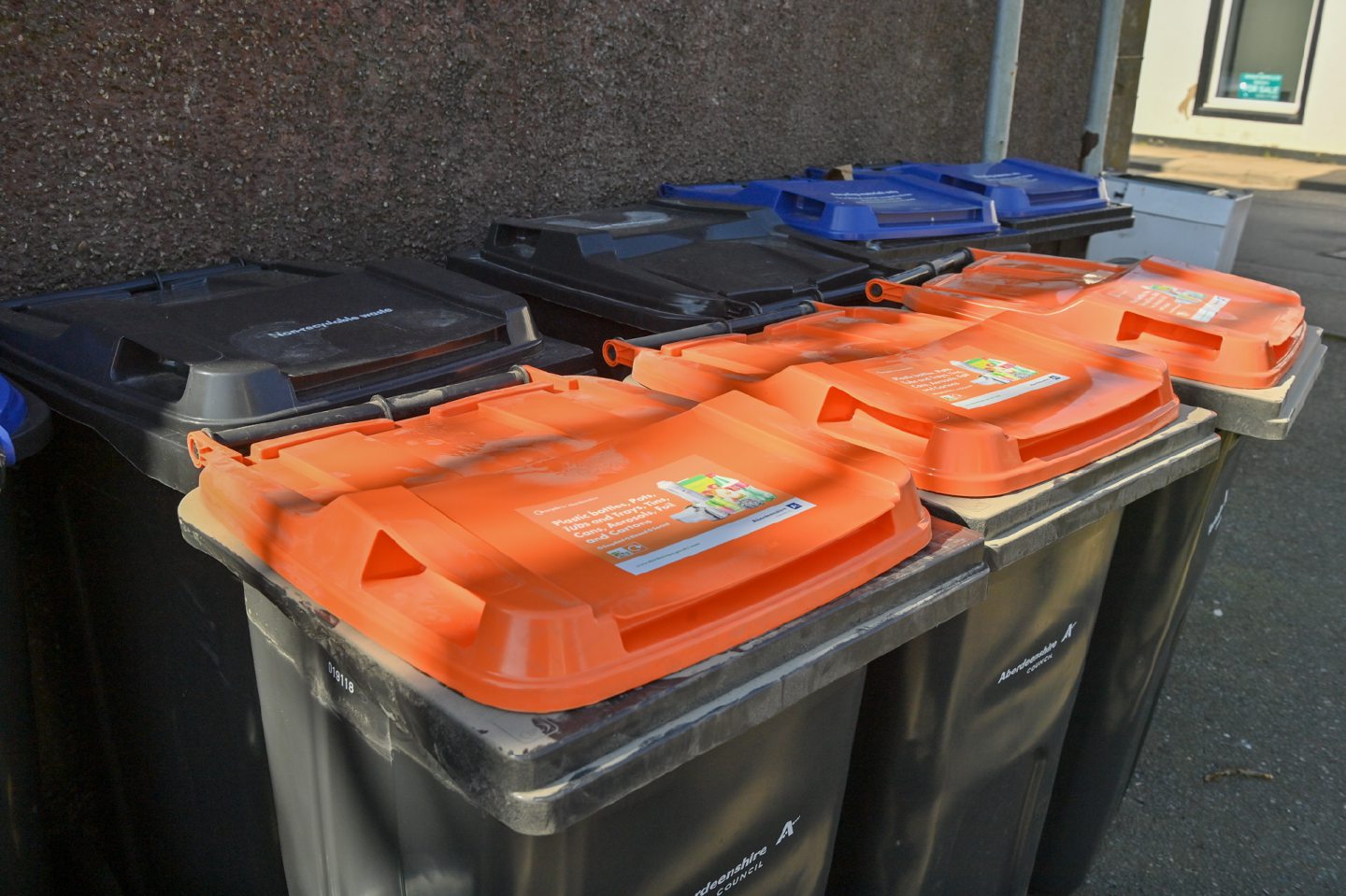
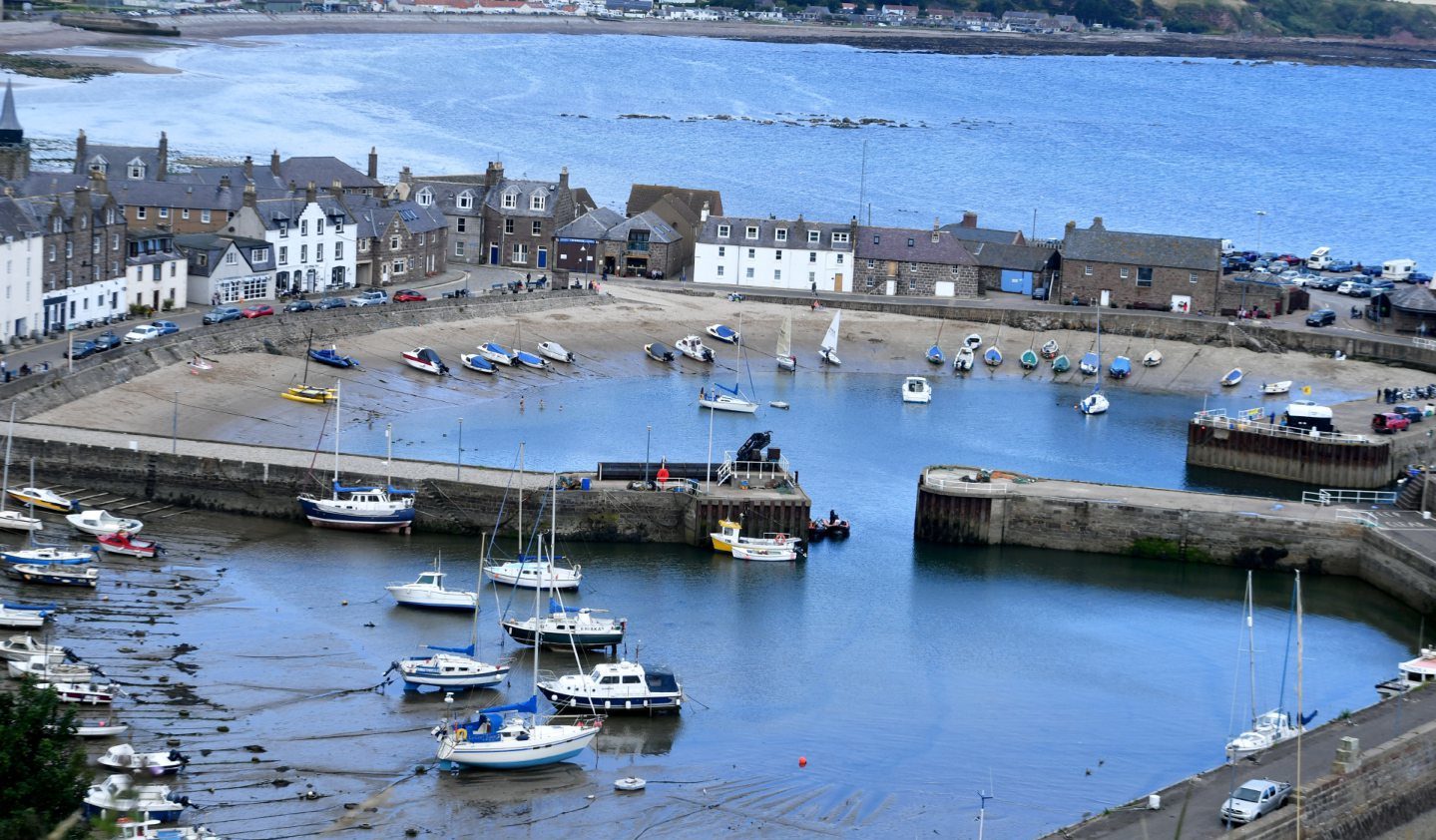

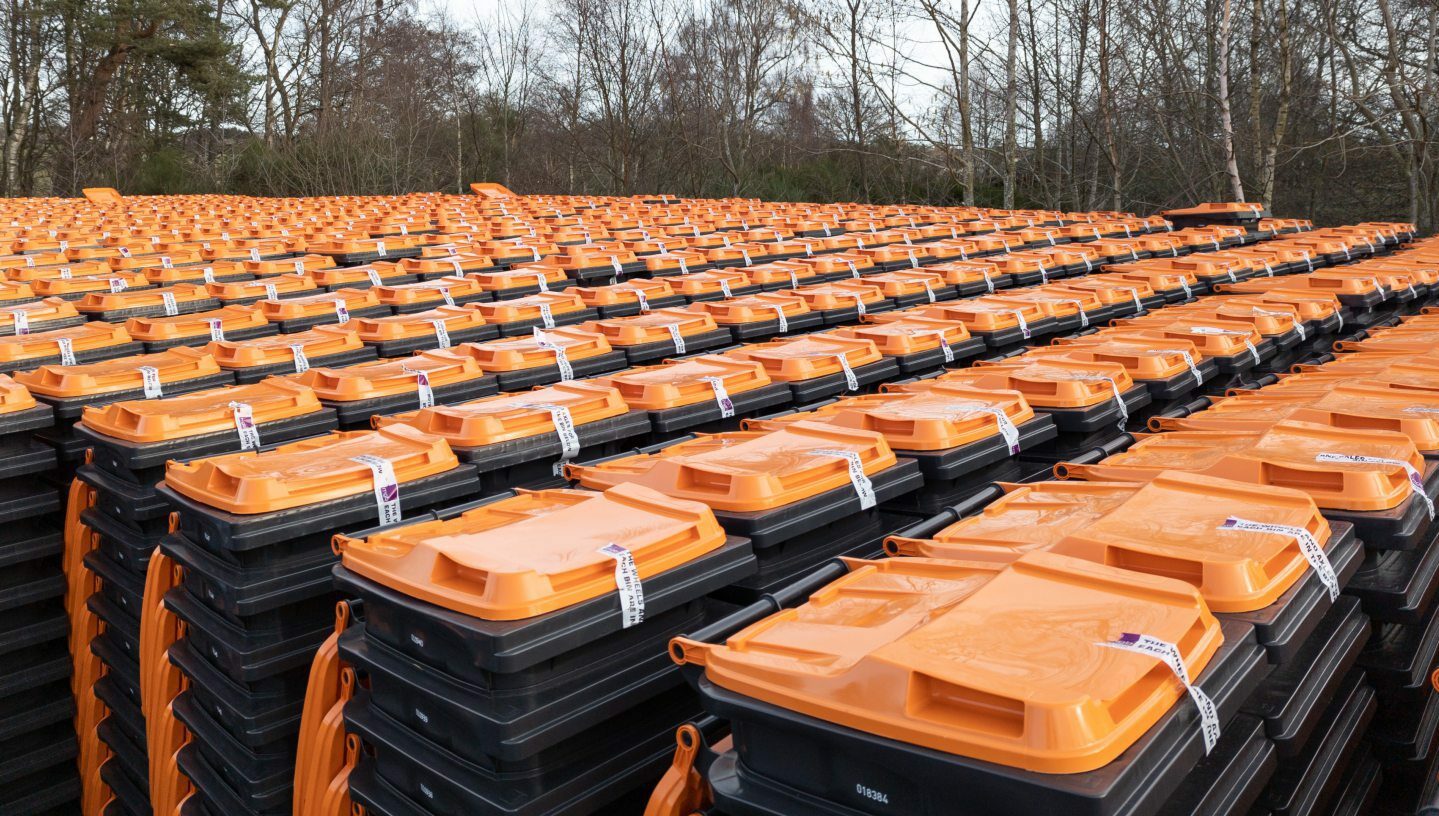
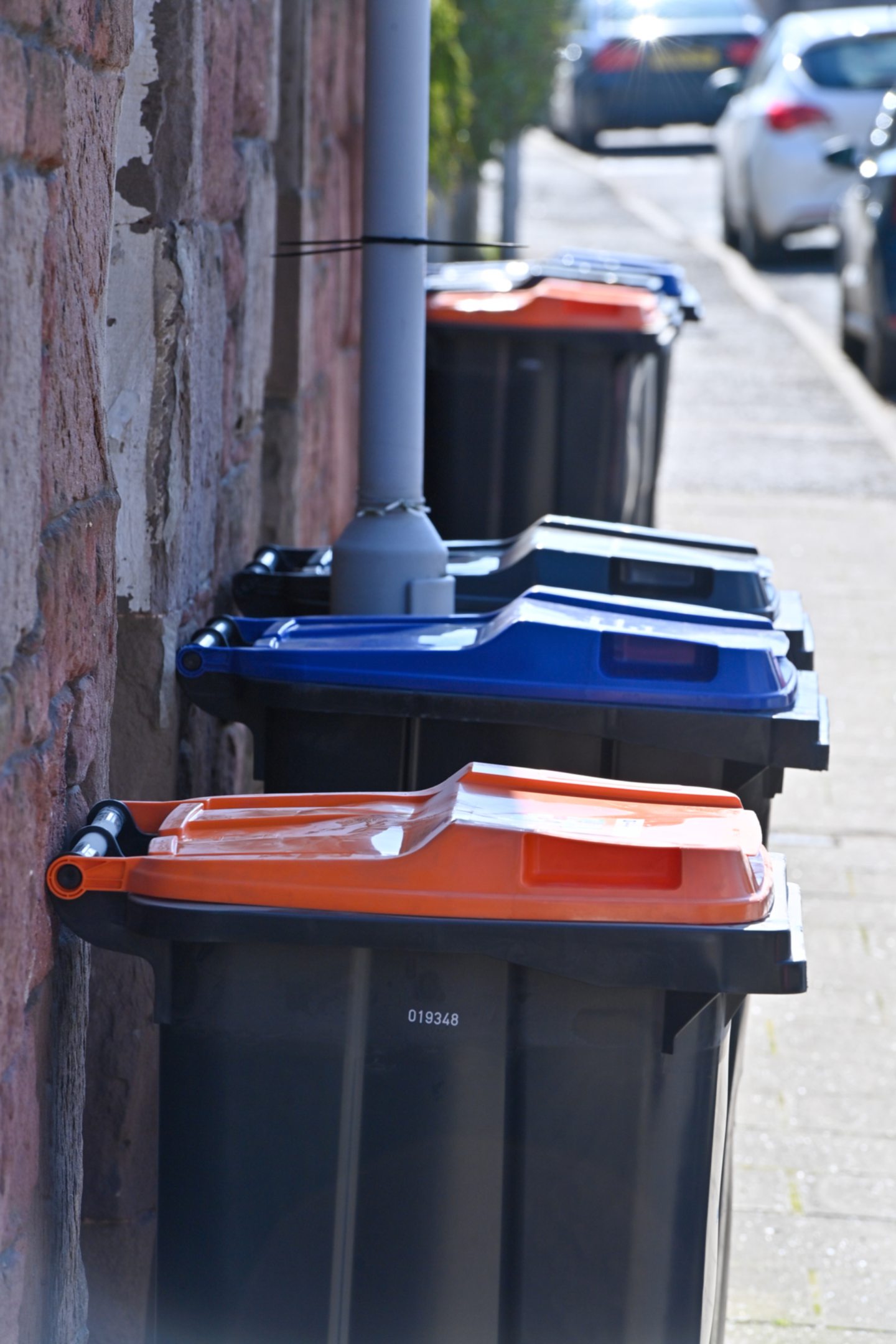
Conversation